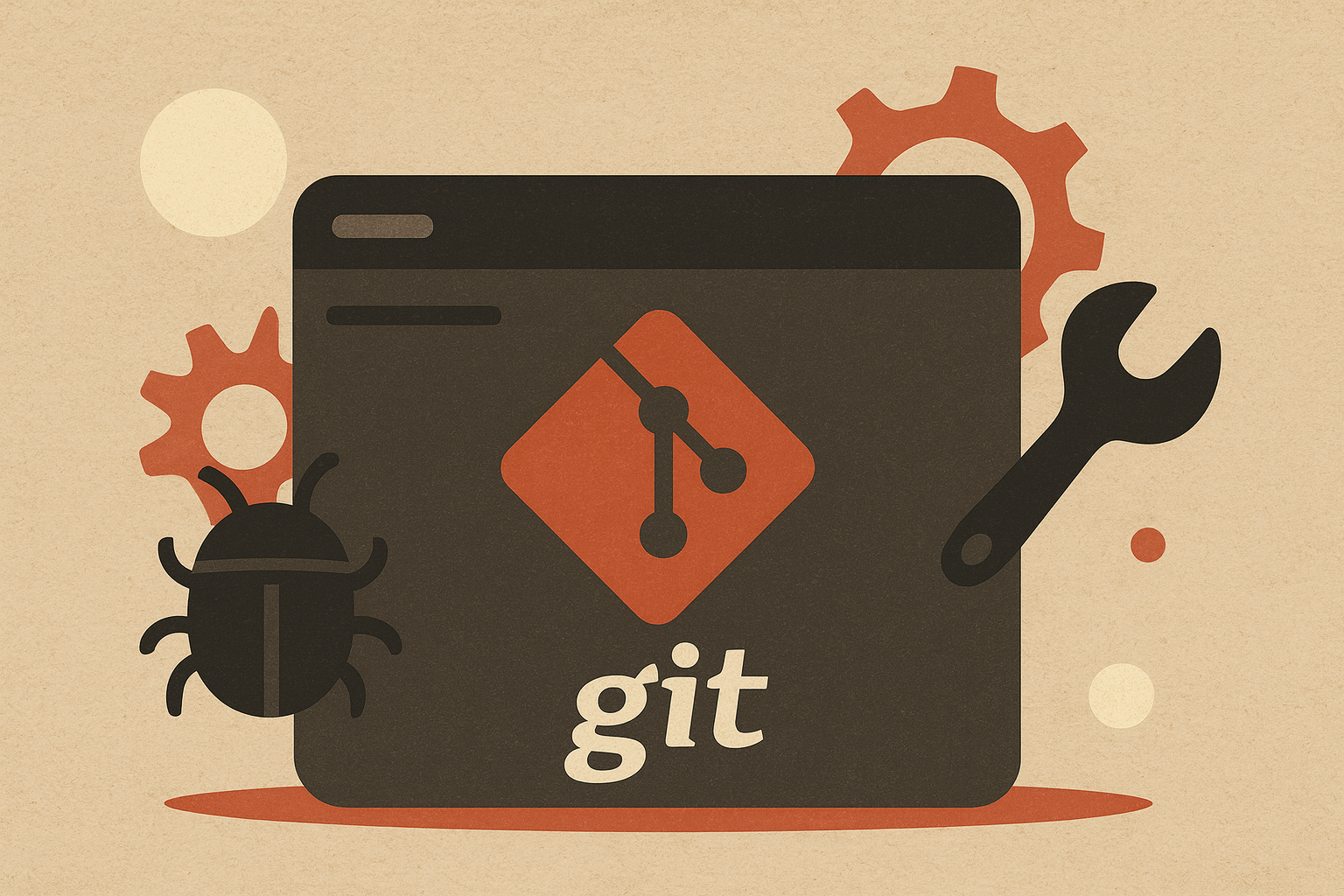The Problem
When you try to add or remove items from a dictionary while iterating over it using a for loop in Python, you might encounter the following RuntimeError:
RuntimeError: dictionary changed size during iteration
This error occurs because Python does not allow the size of a dictionary to be modified during iteration. This restriction ensures the consistency of the loop operation.
Example of Error-Prone Code
Here is an example that tries to remove items with even values from a dictionary, which will trigger the error.
numbers = {'a': 1, 'b': 2, 'c': 3, 'd': 4}
# This code will raise a RuntimeError
for key, value in numbers.items():
if value % 2 == 0:
del numbers[key]
print(numbers)
When you run this code, the del numbers[key] statement changes the size of the numbers dictionary inside the for loop, causing the RuntimeError.
How to Fix It
There are several ways to solve this issue. The key is to iterate over a copy of the dictionary instead of modifying the original one directly.
1. Use a Copy of the Dictionary
The simplest solution is to iterate over a shallow copy of the dictionary, which you can create using the .copy() method. This allows you to safely modify the original dictionary.
numbers = {'a': 1, 'b': 2, 'c': 3, 'd': 4}
# Iterate over a copy of the dictionary
for key, value in numbers.copy().items():
if value % 2 == 0:
del numbers[key] # Delete the item from the original dictionary
print(numbers)
# Output: {'a': 1, 'c': 3}
2. Iterate Over a List of Keys
Another approach is to create a list of the dictionary’s keys before the loop starts. You can then iterate over this static list to modify the dictionary.
numbers = {'a': 1, 'b': 2, 'c': 3, 'd': 4}
# Create a list of keys to iterate over
for key in list(numbers.keys()):
if numbers[key] % 2 == 0:
del numbers[key]
print(numbers)
# Output: {'a': 1, 'c': 3}
3. Create a New Dictionary (Dictionary Comprehension)
Instead of modifying the existing dictionary, a cleaner and often safer approach is to create a new dictionary containing only the items you want to keep. Dictionary comprehension is a concise way to achieve this.
numbers = {'a': 1, 'b': 2, 'c': 3, 'd': 4}
# Create a new dictionary with only the desired items
filtered_numbers = {key: value for key, value in numbers.items() if value % 2 != 0}
print(filtered_numbers)
# Output: {'a': 1, 'c': 3}
This method is highly readable and avoids mutating the data you are iterating over, which is generally a good practice.
Conclusion
The RuntimeError: dictionary changed size during iteration is triggered when you modify a dictionary while looping through it. To resolve this, remember these three techniques:
- Iterate over a copy using
.copy(). - Iterate over a list of keys using
list(dictionary.keys()). - Create a new dictionary with the desired items instead of modifying the original.
In most cases, using a dictionary comprehension is the recommended approach because it is both concise and safe.

Leave a comment